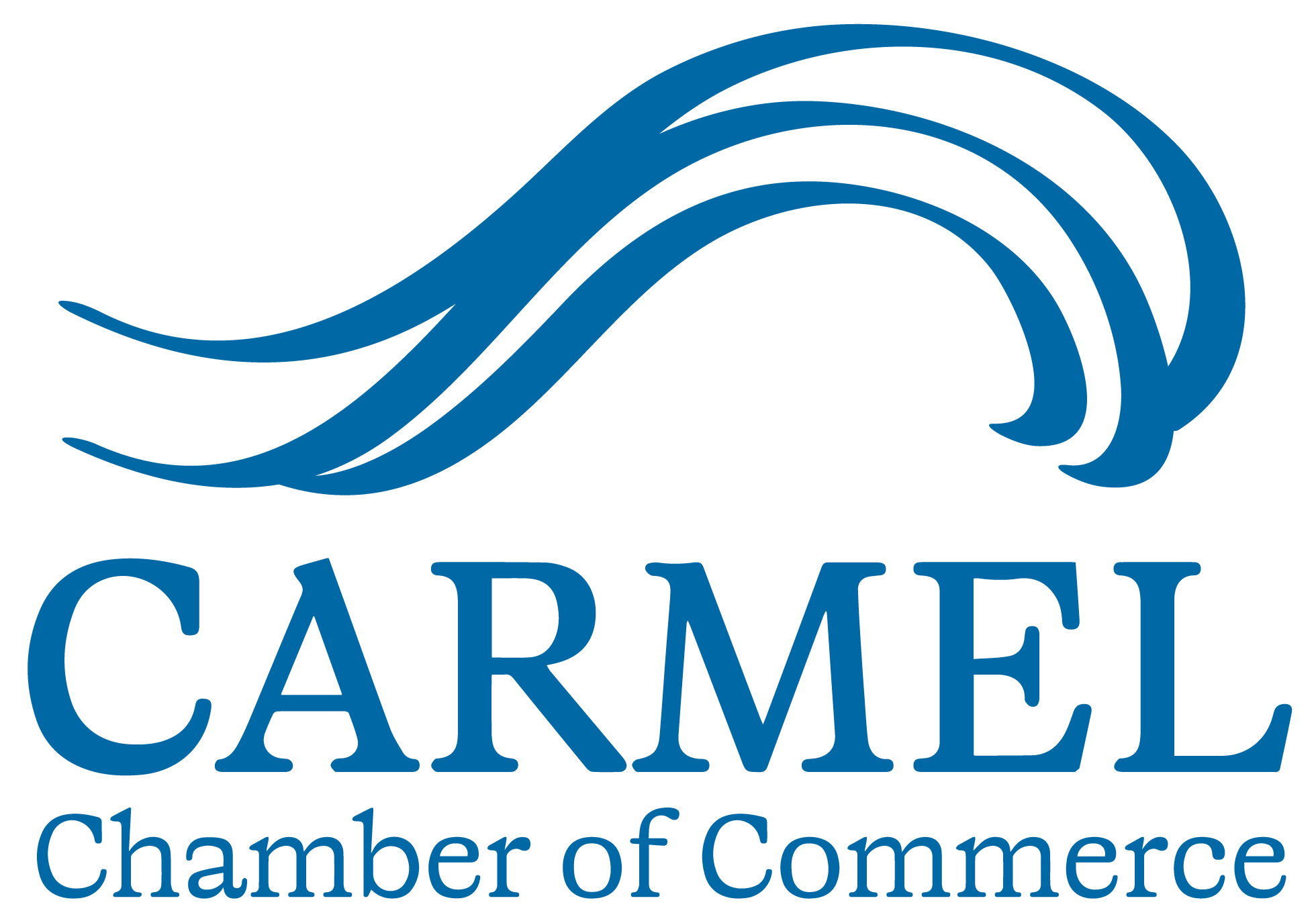Small businesses face a delicate dance between scaling up and staying true to what made them successful in the first place. Growth is alluring—more customers, more revenue, more influence—but unmanaged growth can be just as destructive as stagnation. The challenge lies in building momentum while avoiding the pitfalls of overextension. Growth management is not about hitting the gas at every green light; it’s about knowing when to accelerate, when to maintain speed, and when to take the scenic route.
Anchoring Growth in Purpose
Expansion without a clear purpose is like a ship sailing without a compass—eventually, it drifts into dangerous waters. The most resilient small businesses establish growth goals rooted in their values and mission. Rather than chasing every opportunity, they ask whether a new move aligns with the identity they’ve built. Purpose acts as both a filter and a guide, allowing owners to say no to paths that would compromise the long-term vision.
The Discipline of Selective Scaling
It’s tempting to take every client, launch every product, or open in every promising market, but restraint can be a growth strategy in itself. Selective scaling ensures resources aren’t stretched so thin that quality or service suffers. By choosing high-impact opportunities instead of chasing volume, businesses can build a deeper reputation in fewer areas. This creates a foundation for growth that feels sustainable rather than chaotic.
Restructuring for Resilience
Sometimes, managing growth means reevaluating whether your current business structure still serves your goals. Forming an LLC can provide personal liability protection and a more professional framework for scaling operations. For many owners, learning about ZenBusiness can simplify the process, offering guidance and filing support without the higher costs of hiring an attorney. A well-chosen structure not only safeguards the business but also positions it for smoother, more confident expansion.
Investing in Systems Before Surges
Many small businesses collapse under the weight of their own success because they grow faster than their systems can handle. Processes for inventory, customer service, and financial tracking should be fortified before chasing aggressive expansion. Even modest upgrades—automating repetitive tasks, improving data management, or clarifying workflows—can prevent costly bottlenecks down the road. A well-built infrastructure turns growth from a gamble into a calculated step.
Strengthening the Core Team
No growth strategy can succeed without the right people steering the ship. Hiring strategically—rather than reactively—allows small businesses to bring on talent that fits both the culture and the long-term plan, says SeacoastBank. A well-trained, committed team can absorb the pressures of expansion far better than a hastily assembled group. Beyond hiring, ongoing development ensures employees grow alongside the company, keeping morale and performance high.
Balancing Agility with Stability
The ability to pivot when conditions change is a hallmark of successful small businesses, but agility doesn’t mean chasing every trend. Stability comes from having a solid operational base and clear priorities, even while adapting to market shifts. Businesses that balance the two avoid the extremes of rigidly sticking to outdated models or constantly reinventing themselves to the point of confusion. This equilibrium allows them to adjust without unraveling.
Using Data as a Compass, Not a Crutch
Data can illuminate growth opportunities and warn of looming risks, but it should guide decisions rather than dictate them. A business built solely on analytics risks losing the human touch that sets it apart. Successful owners combine hard numbers with instinct, experience, and customer feedback to create a fuller picture. Data should serve as a navigation tool—helping plot the course while still allowing for a sense of direction beyond the metrics.
Guarding Brand Integrity in the Process
As a business expands, the temptation to dilute its identity for broader appeal can be strong. But rapid growth often comes at the expense of authenticity, leading to a loss of the trust and loyalty built over time. Protecting brand integrity means holding onto the tone, quality, and values that customers recognize, even as products and services evolve. Growth, when managed well, enhances a brand rather than erases its character.
A small business that grows well does so with intention, patience, and the humility to recognize that bigger isn’t always better. Measured expansion is not about suppressing ambition; it’s about channeling it in ways that build lasting strength. Growth is most rewarding when it doesn’t just add size—it deepens the value of what’s already there.
Discover the business community of Carmel by joining the Carmel Chamber of Commerce and connect with local leaders to help your business thrive!

